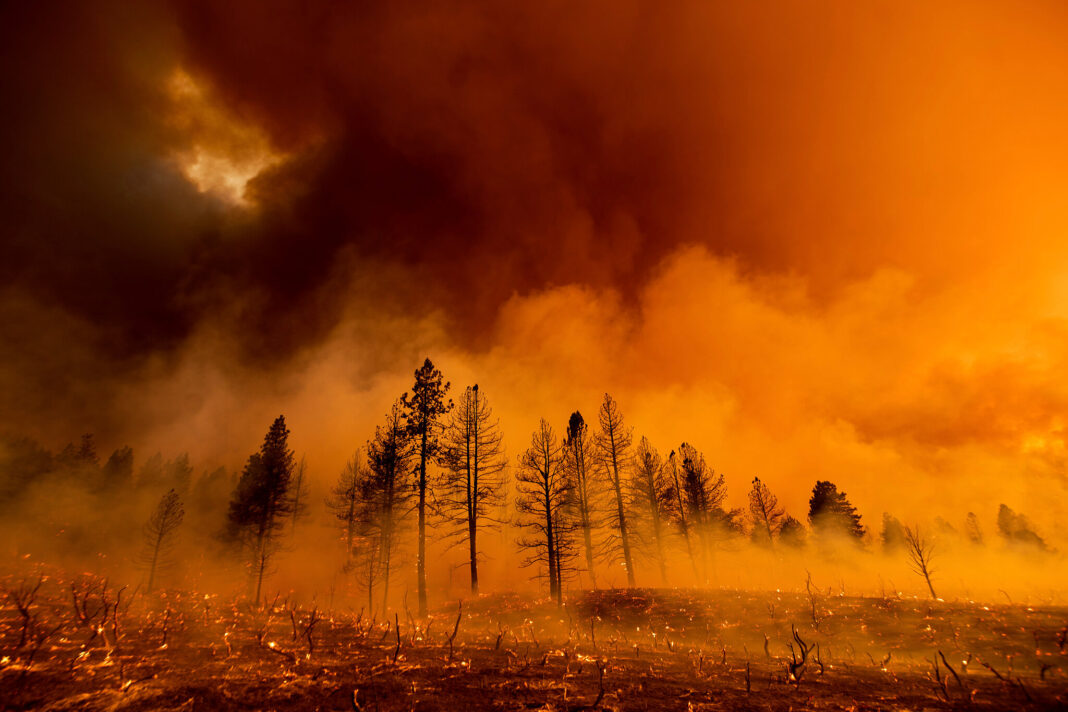Today, the Intergovernmental Panel on Climate Change (IPCC), the world’s leading authority on climate science, published a landmark call to action. The “Synthesis Report” draws together the work of hundreds of climate scientists and key scientific findings from previous IPCC reports. It’s the clearest call to date from the IPCC for more ambitious and urgent government climate action.
The report confirms the world is warming at record levels, and the climate crisis is disproportionately impacting on those least responsible for causing it. Importantly, the report also names those responsible for the crisis: governments are failing to take sufficient action to reduce the greenhouse gas emissions that are driving climate change. And the IPCC urges governments to cut emissions by phasing out fossil fuels, by halting deforestation, and by scaling up renewable energy.
The IPCC’s call couldn’t be more urgent: unless governments act now, it will be impossible to keep warming below 1.5 degree Celsius and prevent a global climate collapse. Policymakers should urgently phase out fossil fuels and stop any new expansion of oil, gas and coal. Fossil fuels are the primary driver of the climate crisis and their production and use can be linked to human rights harms, disproportionately impacting marginalized communities.
At the COP28 climate talks in November 2023, governments have an opportunity to demonstrate they are serious by calling for the equitable and rights-respecting phasing out of all fossil fuels in the COP28 conclusions. Such an explicit reference would be an important first in international climate negotiations. The Paris Climate Agreement does not mention the words, “fossil fuels,” “oil,” “gas,” or “coal,” and previous rounds of COP negotiations could only agree on a limited phase out of coal. Last year, at COP27 in Egypt, over 80 countries supported a push for the COP conclusions to acknowledge the need to phase out all fossil fuels. It was ultimately rejected, but the IPCC’s strong call could help get it adopted this year.
To protect the rights of those most at risk of climate-related harms governments should heed the calls in this important report. We have no time to waste.
